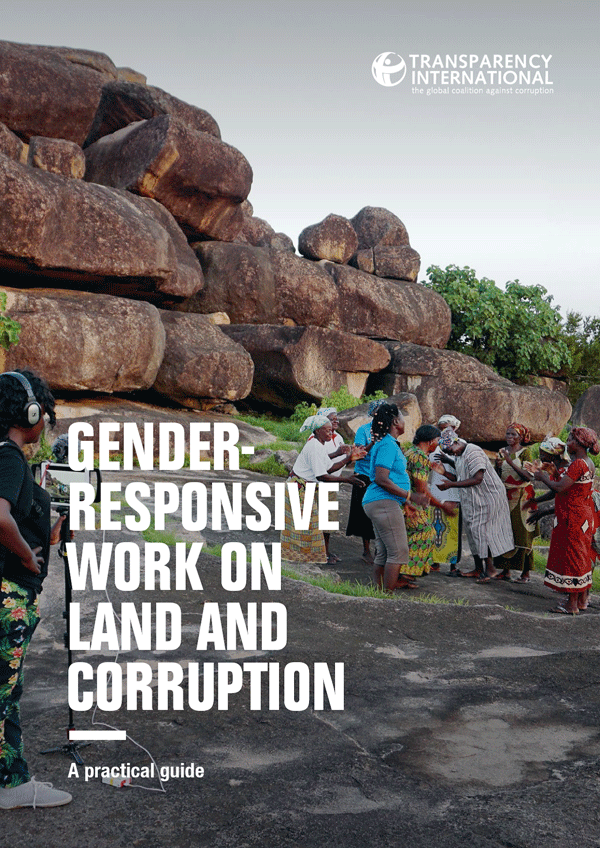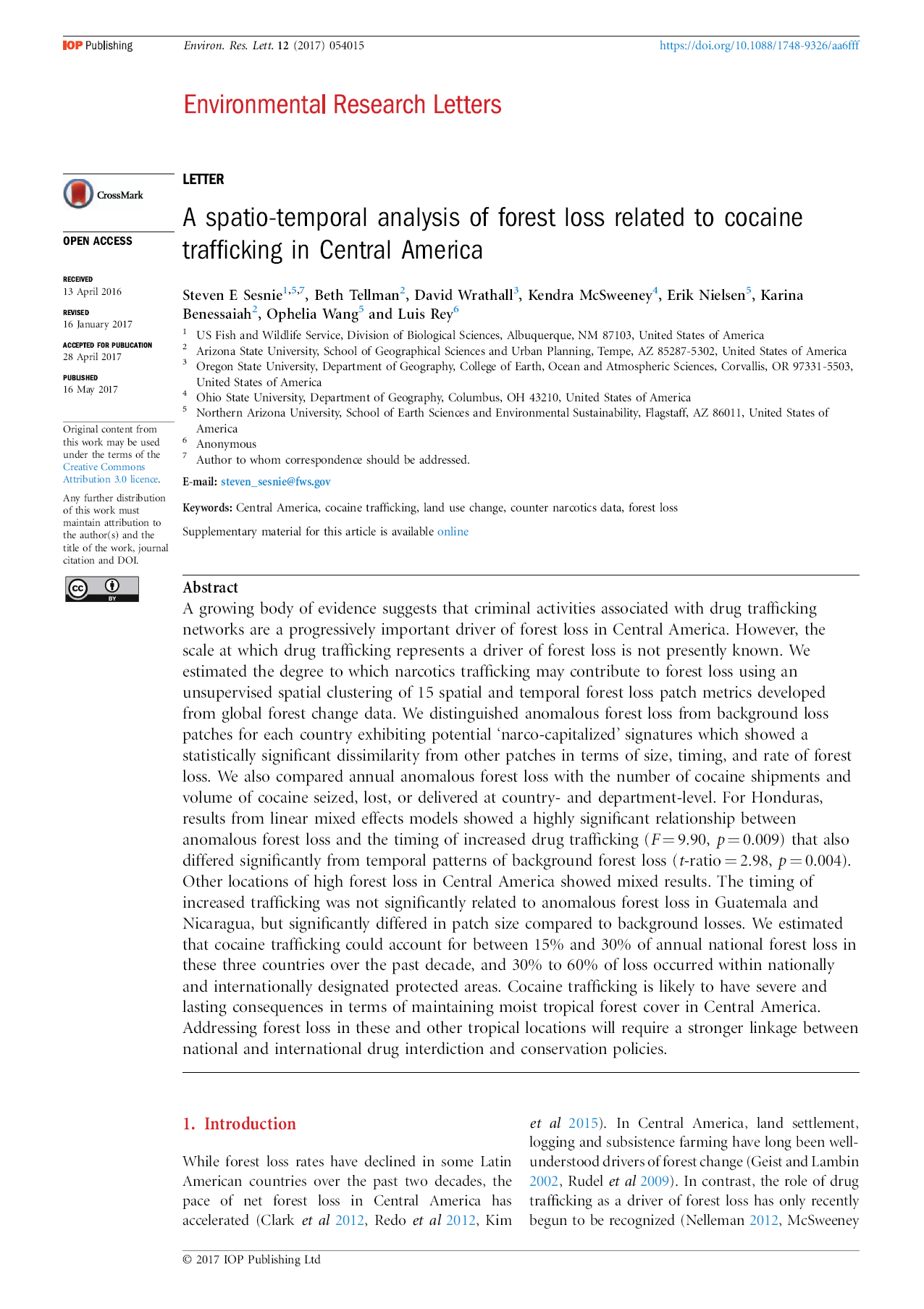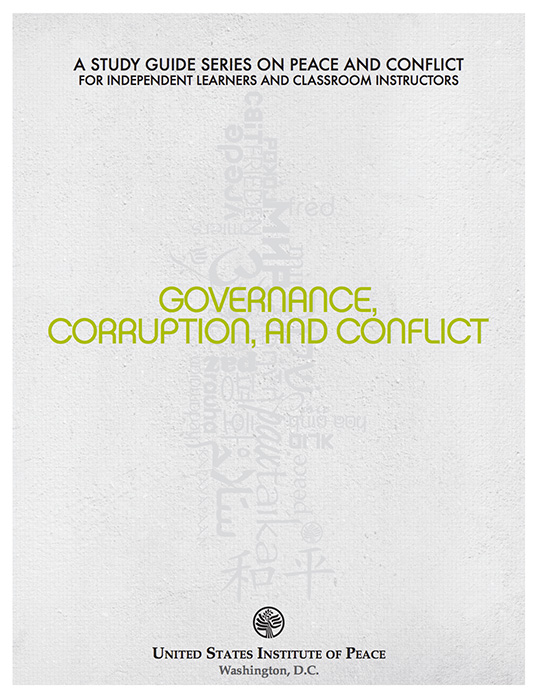Capital social, clientelismo y y el papel de las agencias internacionales en los espacios locales rurales de concertación
Entender los factores de la intermediación de partidos políticos (el ´clientelismo’) en la participación campesina en espacios públicos de concertación rural es una tarea básica aunque frecuentemente soslayada. Como fenómeno muy difundido en el mundo rural, debe ser parte del análisis de la exclusión (o, para ser más exacto, subordinación) campesina en la vida cívica de las municipalidades rurales, en América Latina hoy.








